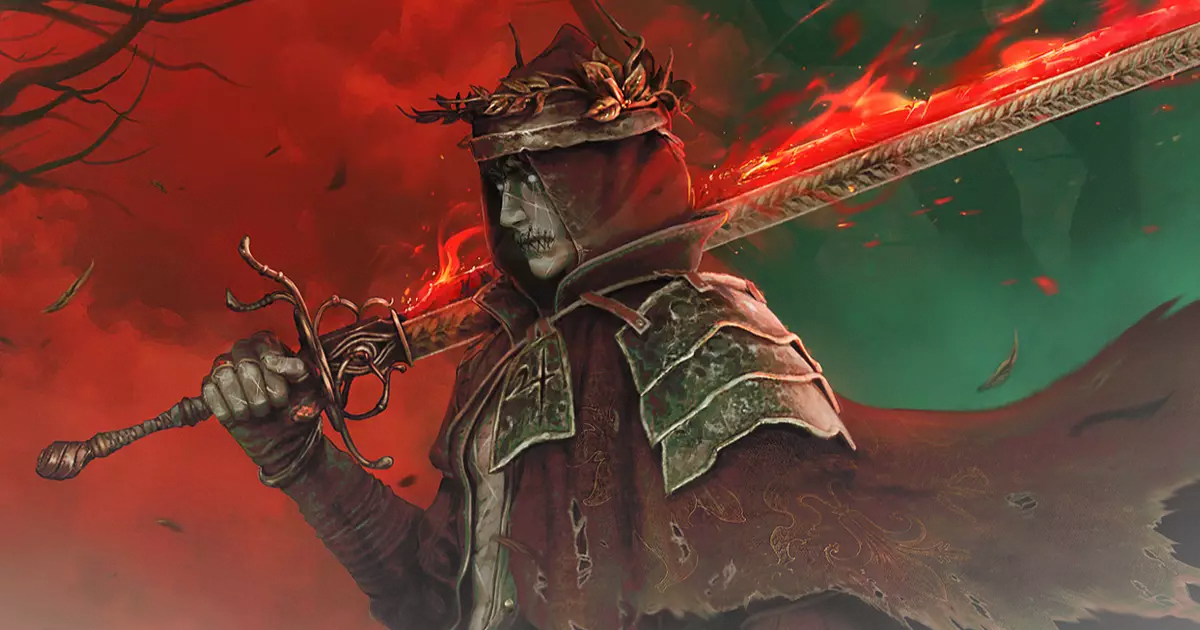The upcoming game from Jyamma Games, inspired by Dante Alighieri’s timeless masterpiece, promises to redefine how we experience classic literature through the lens of contemporary gaming. While traditional adaptations often reduce Dante’s intricate allegories to mere thematic backdrops, this project ventures deeper, immersing players in a universe that breathes new life into the Divine Comedy’s profound metaphysics. Unlike previous superficial interpretations such as Visceral’s Dante’s Inferno, which leaned heavily on action clichés, Jyamma’s vision appears rooted in a complex interplay between narrative depth and gameplay innovation. The developers seem intent not just on recreating Dante’s descent into Hell but on exploring the philosophical richness of his universe—transforming it into a mythopoetic framework that resonates with today’s gamers.
This reinvention pushes the boundaries of genre by blending procedural generation, character customization, and narrative choice, encouraging player agency in shaping their own journey through infernal spheres. The game’s emphasis on the thematic exploration of sin, virtue, and redemption hints at an ambition to elevate the material beyond mere entertainment to a reflective experience. It signals a noteworthy shift: from simplistic hack-and-slash to an audio-visual voyage that echoes Dante’s own poetic craftsmanship, infused with modern mechanics that are likely to challenge players both intellectually and skill-wise.
Challenging Literary Reverence and Industry Expectations
Despite the seductive promise of a poetic universe brought to life in a new medium, critical voices may dismiss this venture as a betrayal of Dante’s literary sanctity. Skeptics could argue that turning La Divina Commedia into a game—especially one with loot farming and procedurally generated dungeons—strips it of its spiritual gravitas. This reaction stems from a broader discomfort within the literary and academic spheres regarding adaptations that prioritize gameplay and cinematic spectacle over fidelity to source material’s depth.
Yet, this critique overlooks the potential of such artistic gambits to democratize Dante’s work, making it accessible to audiences who might never encounter the original poem otherwise. Furthermore, framing this project solely as a commodification risks dismissing the nuanced narrative layers and philosophical questions embedded within the gameplay—questions about morality, justice, and the human condition. Jyamma’s approach might be considered a provocative avant-garde step that challenges traditional notions of literary reverence, encouraging a dialogue about how classical texts can be reinterpreted in ways that preserve their complexity while embracing modern storytelling tools.
Rebirth Through Innovation
What sets this project apart is its audacious attempt to weave Dante’s spiritual journey into an expansive, dynamic universe. By introducing features such as gender choice, an alignment system, and customizable equipment, the game invites players to forge their own moral paths—an echoes of Dante’s own moral exploration but personalized through gamer agency. The inclusion of geo-generated dungeons signals an understanding that exploration and discovery remain central to engagement, even when set against a backdrop of profound philosophic themes.
Yet, there is an underlying tension: does the procedural aspect undermine the poem’s meticulously crafted symbolism? Or can it serve as a creative tool that spices up gameplay while still honoring the epic’s gravitas? Jyamma’s previous work, Enotria, demonstrated a knack for blending abstract metaphysics with Soulslike combat, suggesting that their take on Dante’s universe could transcend simple thematic nods and evolve into a layered experience that challenges both player skill and thought.
As the game’s release nears, expectations will inevitably be tempered by skepticism, but also by curiosity. Will Jyamma succeed in crafting a meaningful, respectful homage that also satisfies modern players? Or will the project falter under the weight of its own ambitions? The waiting game continues, but the very idea of reimagining Dante’s legendary descent offers a tantalizing glimpse into how classical literature might find vibrant, provocative new forms in the digital age.

